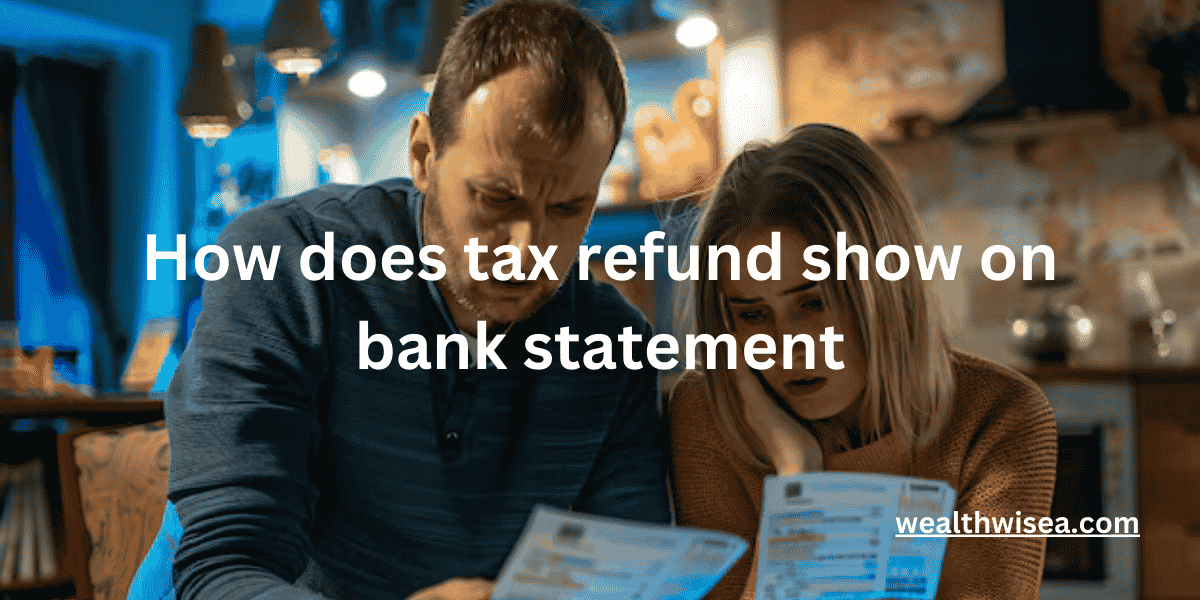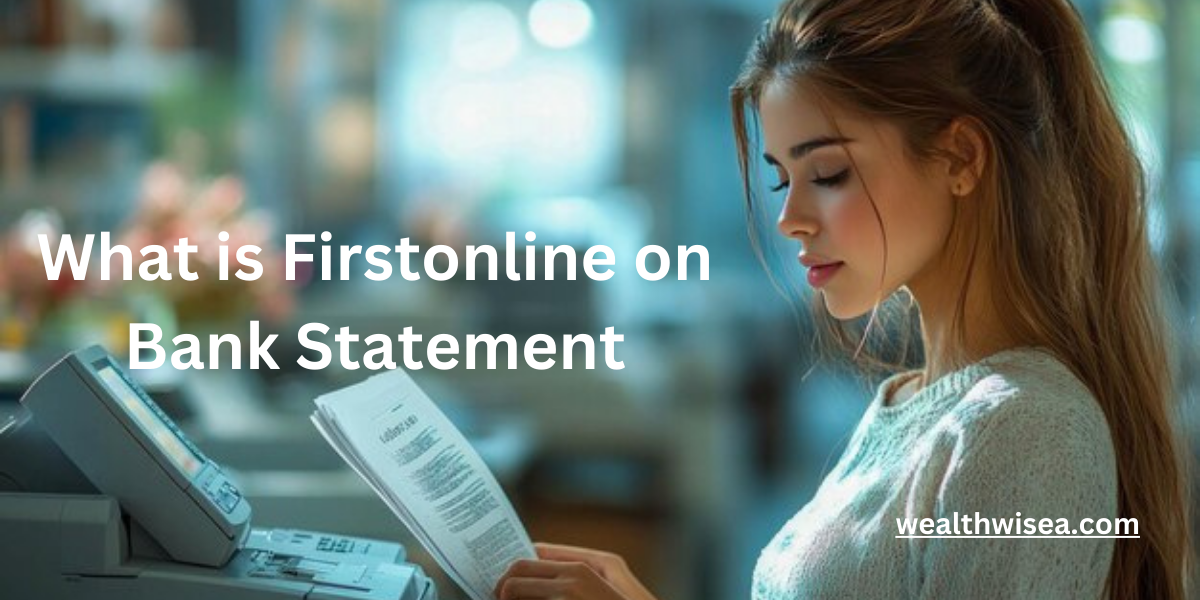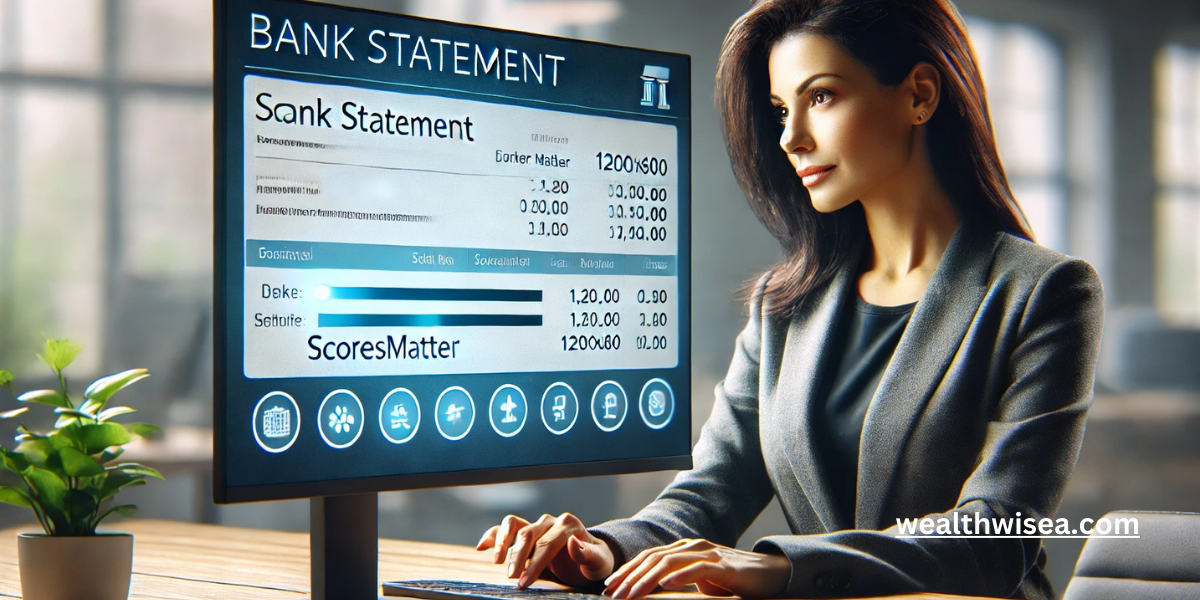What is Yessolo on Bank Statement Is Yessolo a Scam?

Have you ever looked at your bank statement and spotted a charge labeled “Yessolo”? If so, you’re not alone, and you might be wondering, “What is Yessolo on bank statement?” Many people come across unfamiliar terms that can leave them scratching their heads. In this article, we’ll explore what Yessolo is, whether it’s a scam, how to dispute any questionable charges related to it, and how to track Yessolo transactions.

What Does Yessolo Mean?
Yessolo typically appears on your bank statement as a descriptor for transactions made online. It’s often used by e-commerce platforms or digital services to process payments. So, when you see that Yessolo charge, it usually means you’ve made a purchase or subscribed to a service that utilizes this payment method.
Common Scenarios for Yessolo Transactions
- Online Purchases:
Did you buy something from an online store? If the merchant uses Yessolo as their payment processor, that’s likely where the charge is coming from. - Subscriptions:
Many subscription services rely on Yessolo for billing. If you signed up for a free trial, be aware that charges may kick in once the trial period ends. - Third-Party Services:
Some companies act as intermediaries, and their transactions might show up as Yessolo on your bank statement.
Is Yessolo a Scam?
Now, the burning question: Is Yessolo a scam? Generally speaking, Yessolo itself is not a scam. However, it’s essential to be vigilant. Here are a few scenarios where Yessolo could be linked to potentially fraudulent activity:
- Unauthorized Charges:
If you spot a Yessolo charge you didn’t authorize, it’s a red flag. Always keep an eye out for charges that seem out of place. - Forgotten Subscriptions:
Sometimes, users forget they signed up for a service that automatically bills them. If that’s the case, the charge might surprise you. - Phishing Scams:
Be cautious of unsolicited emails or messages asking you to verify payments related to Yessolo. These could be attempts to obtain your personal information.
How to Track Yessolo Transactions
Tracking Yessolo transactions can help you stay on top of your finances and ensure there are no unauthorized charges. Here’s how to do it:
- Check Your Bank Statement Regularly:
Make it a habit to review your bank statements at least once a month. This way, you can catch any unfamiliar charges early. - Use Your Bank’s Online Banking Tools:
Most banks offer online banking tools that allow you to view and categorize your transactions. Use these tools to search for Yessolo charges and check the details. - Set Up Alerts:
Many banks let you set up transaction alerts via email or SMS. Consider enabling these notifications to receive immediate updates on any charges, including those from Yessolo. - Keep Receipts and Confirmation Emails:
Whenever you make a purchase using Yessolo, save your receipts and confirmation emails. This will help you keep track of what you bought and when. - Contact Customer Support:
If you’re unsure about a Yessolo charge, don’t hesitate to reach out to your bank’s customer service for clarification.
How to Dispute Yessolo Charges
If you suspect that a Yessolo charge on your statement is incorrect or unauthorized, here’s a straightforward guide on how to dispute it:
- Review Your Transactions:
Start by checking your purchase history. It might jog your memory about the charge. - Contact Your Bank:
Reach out to your bank or credit card issuer immediately. The customer service number is usually found on the back of your card or on your bank’s website. - Explain the Situation:
When you contact your bank, clearly explain why you believe the charge is fraudulent or incorrect. Provide any relevant details, such as the date and amount of the charge. - Follow Up:
After submitting your dispute, keep in touch with your bank for updates. They’ll typically give you a timeframe for resolution. - Monitor Your Account:
While your dispute is in process, keep an eye on your account for any additional suspicious activity.
Conclusion
In summary, what is Yessolo on your bank statement? It’s often a legitimate descriptor for online transactions, but it’s wise to stay alert for any charges you don’t recognize. While Yessolo itself isn’t a scam, taking proactive steps to monitor your statements is essential for your financial well-being.
If you encounter any unfamiliar charges, don’t hesitate to investigate. By understanding your bank statement and knowing how to dispute charges, you can navigate your finances with confidence. For additional insights into bank statement charges, check out our articles on What Does TST Mean on Bank Statement? and How Walmart Shows Up on Bank Statement.
FAQs
1. What is Yessolo on my bank statement?
Yessolo typically refers to a charge associated with online transactions. It may be linked to purchases or subscriptions made through e-commerce platforms that use Yessolo as their payment processor.
2. Is Yessolo a scam?
No, Yessolo itself is not a scam. However, it’s essential to monitor your bank statements for unauthorized charges. Always verify any unfamiliar transactions.
3. How can I track Yessolo transactions?
You can track Yessolo transactions by regularly checking your bank statements, using your bank’s online tools, setting up transaction alerts, and keeping receipts for purchases made through Yessolo.
4. What should I do if I find an unauthorized Yessolo charge?
If you find an unauthorized charge, contact your bank or credit card issuer immediately to dispute the transaction. Provide them with details about the charge, such as the date and amount.
5. How can I prevent unauthorized Yessolo charges?
To prevent unauthorized charges, regularly review your bank statements, set up transaction alerts, and be cautious when providing your payment information online. Always use secure websites for transactions.
6. Are there any specific merchants that commonly use Yessolo?
Yessolo can be used by various online merchants, particularly those that offer subscription services or digital products. If you have made recent purchases online, it’s likely related to one of those transactions.
7. Can I get a refund for a Yessolo charge?
Yes, if you believe a Yessolo charge is incorrect or unauthorized, you can dispute it with your bank. If the charge is found to be invalid, you may receive a refund.



